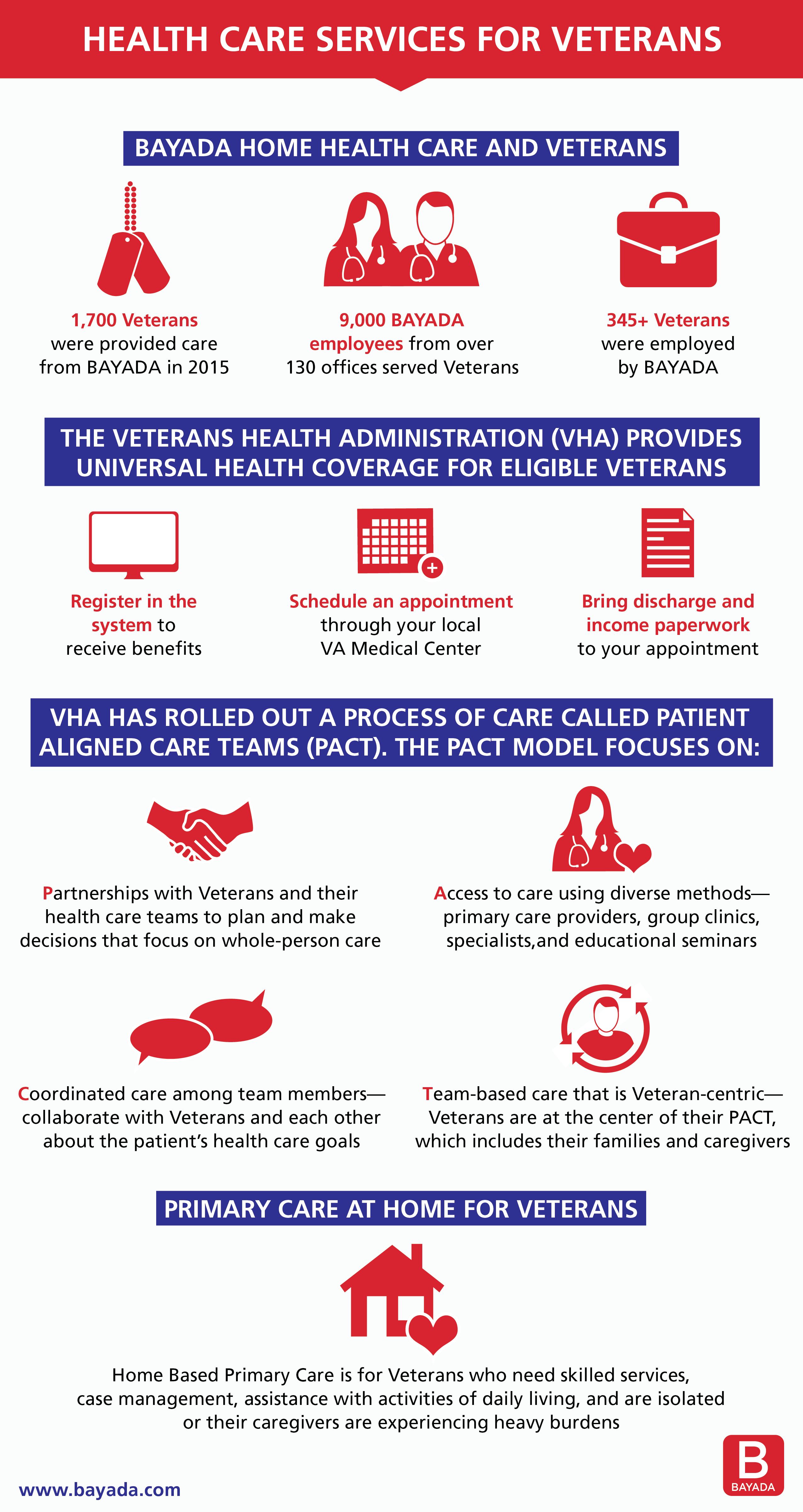Table of ContentsThe Facts About What Countries Have Universal Health Care RevealedThe Single Strategy To Use For What Is A Durable Power Of Attorney For Health CareOur Why Is Health Care So Expensive DiariesHow Does Health Care Policy-making Operate In The United States? Things To Know Before You BuyThings about What Are Health Care Disparities
It confirmed the devices' security and efficacy in clinical trials, which greatly streamlined compensation approval from insurers. And, of course, there was no reliable Tums equivalent as an alternative. HCA (initially understood as Health center Corporation of America) successfully originated a business design development that allowed it to consolidate the management of lots of facilities and thereby understand economies of scale unidentified in the fragmented health care industry.
Rather, it grew primarily through growth into underserved communities, where clients were grateful for a local medical facility and where physicians welcomed the chance to operate in modern facilities. The certainty of compensation from insurance providers and Medicare made it possible for HCA to obtain heavily for building and construction, and its access to the equity markets as a public company provided financing that was unavailable to nonprofit medical facilities.
history. No criminal charges were brought against the business, and some people wondered whether a nonprofit institution would have paid so a lot for its alleged misbehaviours. However the openly traded business weathered the crisis and, with a new management team in location, has actually continued to carry out well. The framework explained in this articlethe three kinds of healthcare development and the six forces that affect themoffers a helpful way to examine the barriers to innovation in health care systems outside the United States, too.
For obvious factors, the single-payer system impedes customer-focused innovation. But it also seriously constrains technology-based development. The government's need to strictly manage expenses equates into less money to invest in care of the genuinely ill, who are the target of many technology-based development. As a result, a big venture-capital community hasn't grown up in Europe to money brand-new health technology ventures.
9 Easy Facts About How Much Would Free Health Care Cost Described
The central nature of the systems would appear to offer the capacity for innovation in the treatment of illness where a great deal of combination is needed, however the record is combined. Customized to fit the circumstance, this structure can likewise be utilized to analyze the barriers to innovation in a variety of industries.
Health insurance coverage is a type of insurance coverage that covers the expense of an insured individual's medical and surgical costs. Insurance companies utilize the term "provider" to explain a center, health center, physician, laboratory, health care specialist, or drug store that deals with a person. The "insured" is the owner of the medical insurance policy or the individual with the medical insurance protection.
In nations without universal health care coverage, such as the United States, health insurance is frequently consisted of in company benefit bundles (how to take care of your mental health). In the U.S., the number of individuals with insurance coverage reduced from 44 million in 2013 to less than 28 million in 2016, according to the Kaiser Family Foundation. The researchers put this down to recent modifications in legislation.
people of working age experienced a gap in medical insurance protection. Many individuals in the survey lost their health insurance coverage when they either became unemployed or changed jobs. The level of treatment in emergency situation departments varies substantially depending upon what kind of medical insurance a person has. Insurance coverage can appear confusing, but picking the right item can be vital for your household's health in the United States.

Some Known Details About What Is Primary Health Care

healthcare system relies greatly on personal medical insurance. In the National Health Interview Study, scientists found that 65.4 percent of individuals under the age of 65 years in the U.S. have a kind of personal medical insurance coverage. In this kind of insurance coverage, the state subsidizes healthcare in exchange for a premium.
In this kind of plan, More helpful hints the insurance provider will have agreements with a network of doctor to offer lower-cost medical care to their insurance policy holders. There will be charges and extra expenses included to out-of-network hospitals and clinics, however they will supply some treatment. The more pricey the policy, the more flexible it http://paxtonrott202.wpsuo.com/what-countries-have-universal-health-care is likely to be with the network of healthcare facilities.
The insurer will normally pay for at least 80 percent of expenses on an indemnity strategy, while the patient pays the staying expenses as a co-insurance. These are organizations that offer healthcare directly to the guaranteed. The policy will generally have a dedicated primary care doctor that will collaborate all necessary care.
This is typically the most inexpensive type of strategy. A PPO resembles an indemnity strategy, because they allow the insured to check out any physician they choose. The PPO also has a network of authorized suppliers with which they have worked out expenses. The insurance provider will pay less for treatment with out-of-network providers.
What Might Happen If The Federal Government Makes Cuts To Health Care Spending? for Beginners
A POS strategy operates as a mix of an HMO and PPO. The insured can select between collaborating all treatment through a main care physician, getting treatment within the insurer's service provider network, or using non-network providers. The kind of strategy will determine the progress of treatment. The kind of strategy dictates how a person will approach getting the treatment they require and how much cash they will need to pay on the day.
Congress introduced a new choice, the Health Savings Account (HSA). It is a combination of an HMO, PPO, indemnity strategy, and cost savings account with tax benefits. Nevertheless, a policyholder must combine this type with an existing health strategy that has a deductible of over $1,100 for people and $2,200 for households.
If an HSA is spent for by an employer on behalf of their employees, the payments are tax-free. A person can develop up funds in the HSA while they are healthy and conserve for instances of bad health later on in life. However, individuals with persistent conditions, such as diabetes, might not have the ability to conserve a big quantity in their HSA as they routinely have to pay high medical costs for the management of their health concern (how does universal health care work).
There is more overlap as plan types develop. The distinctions between types of policy are becoming a growing number of blurred. Most of indemnity strategies use managed care methods to control costs and make sure that there are enough resources to pay for suitable care. Similarly, numerous handled care strategies have adopted some qualities of fee-for-service plans.
The What Is A Health Care Spending Account Diaries
An individual without health insurance coverage needs to pay a fine. However, the Individual Required in the ACA has been gotten rid of from the legislation, suggesting that insurance coverage will no longer be a legal requirement in the U.S. since 2019. If the policy also covers the kids in the household, an individual is allowed to be on their parents' insurance until the age of 26 years, even if they are: marriedliving away from homenot economically depending on their parentseligible to be included on their company's coverInsurance is managed at a state level, suggesting that purchasing a policy in one state is different from doing so in another.
People should be sure to have their broker or customer support representative go over the effect of any changing legislation on their particular policy.
A contract that requires your health insurance provider to pay some or all of your healthcare costs in exchange for a premium (what is a single payer health care system).